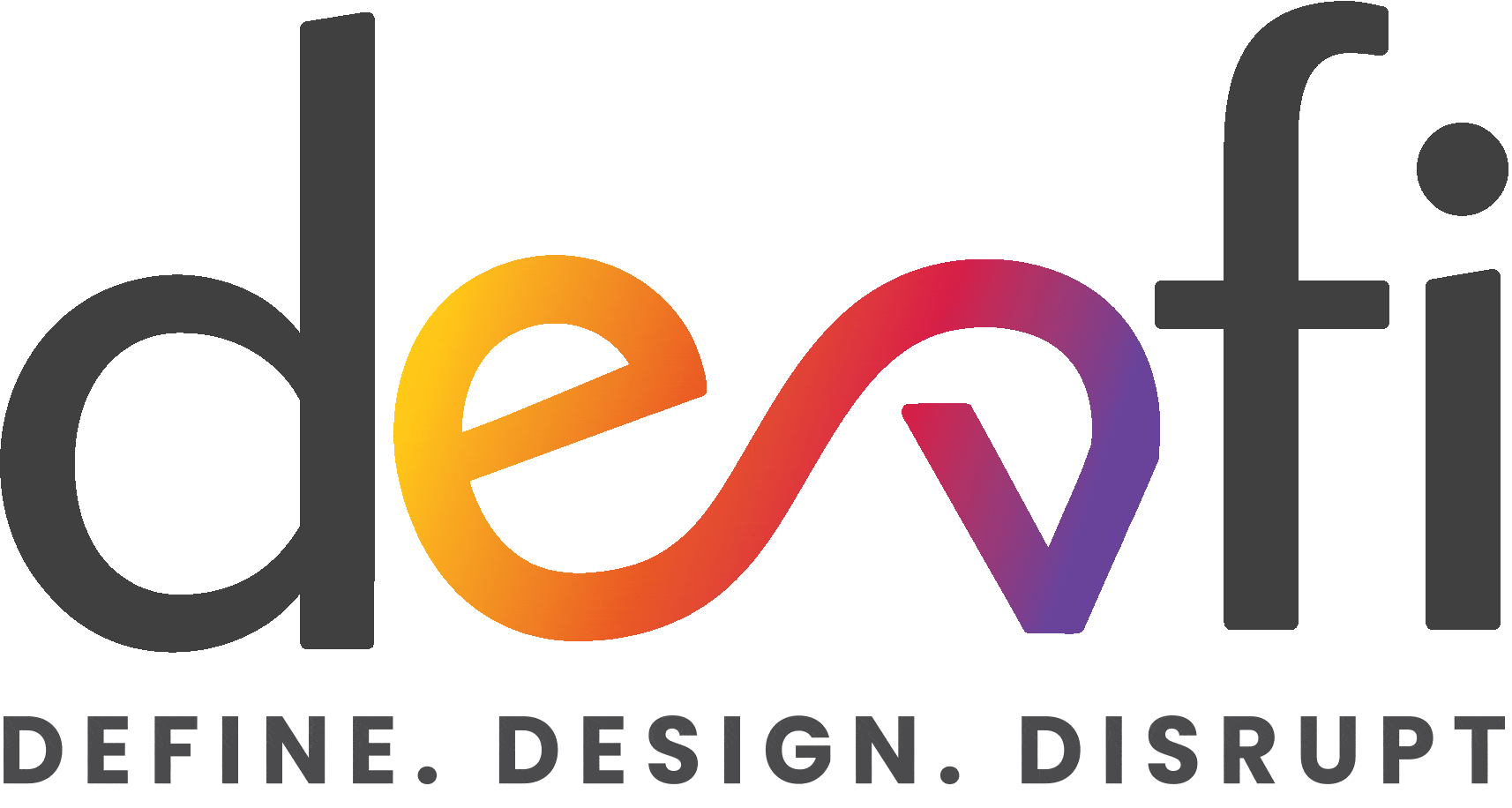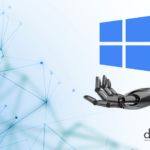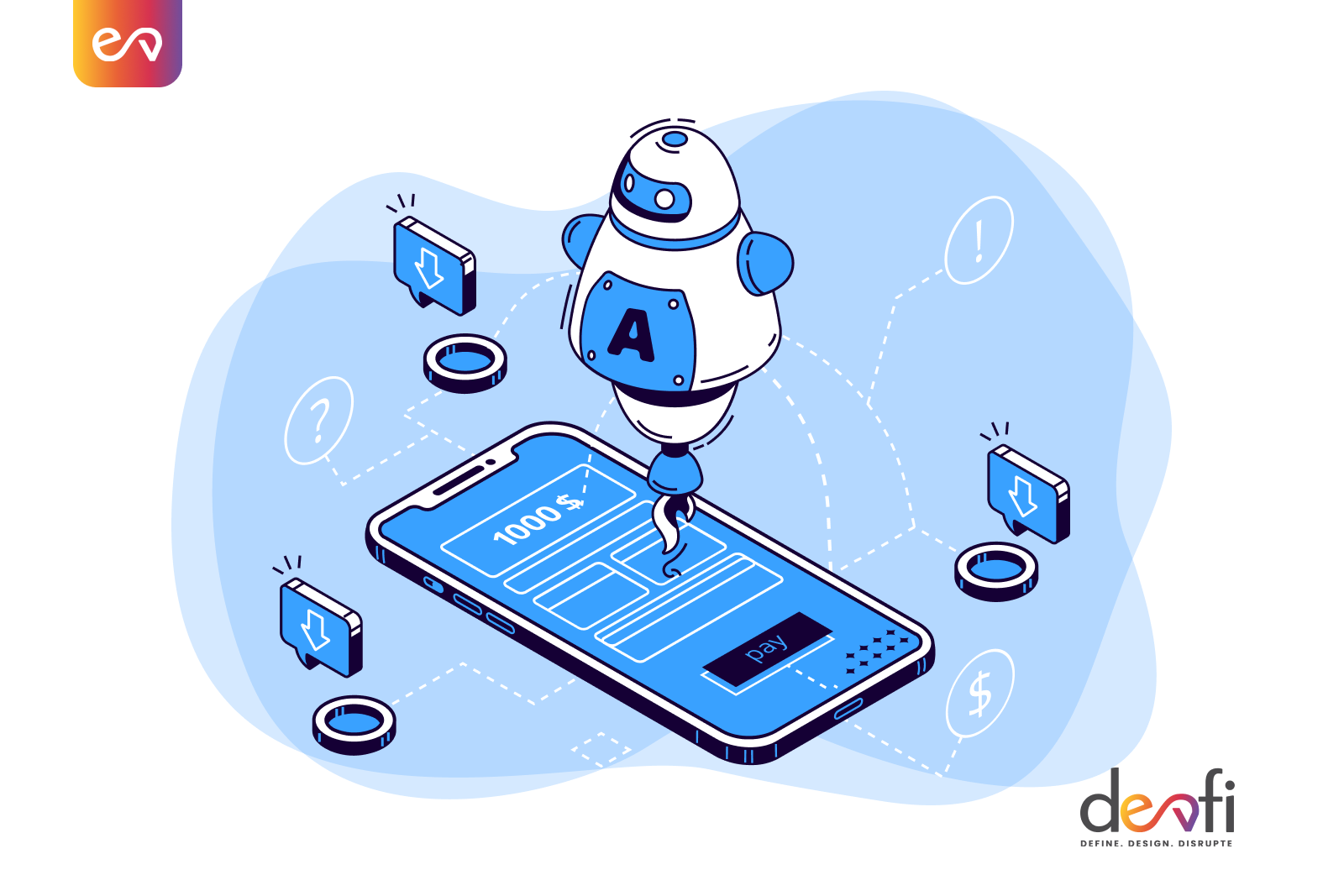AI is one of the most important emerging technologies that is transforming the way we live, work and play. AI is already being used in a variety of ways and can also be applied to mobile apps to improve user experience, build personalized mobile app experiences and simplify mobile app development.
Artificial intelligence is changing the app experience.
Artificial intelligence (AI) is changing the way we use apps, and it’s not just for fun — it’s actually making them more useful. It’s a rapidly growing field that can be used to create new and exciting features on your app. The benefits of using AI in mobile apps are numerous. You can use it to improve the customer experience, reduce costs and increase revenue.
- Personalize interactions with users. Personalized interactions, such as reminders or recommendations, increase customer satisfaction and loyalty. They also reduce customer support costs, since they help customers find answers to their questions on their own.
- Improve user experience with chatbots. Chatbots are being used more frequently to answer customer questions and provide information about products and services. AI helps create these bots by analyzing previous conversations and learning from them over time to improve future conversations with customers.
- Automate manual tasks with machine learning algorithms. Tasks such as data entry can be automated by using machine learning algorithms to predict what information users will need next, such as their name or address when they call customer service or make an online purchase.
- Create interactive experiences with augmented reality (AR). AR uses real-world images and objects to add digital elements into the user’s view of the world through a smartphone or tablet camera viewfinder display screen (e.g., Pokemon Go). It is a great way for marketers to engage customers in new ways.
7 AI technologies powering mobile apps
- Recommendation Engines
Recommendation engines help users find things they want or need by recommending products based on past behavior and other factors such as location, time of day and the weather. Recommendations can come from many different sources: friends’ recommendations on Facebook, product reviews posted by customers on Amazon or a movie recommendation from Netflix.
- Personalization
Personalized experiences are central to the mobile experience, so it’s no surprise that AI is playing a big role here too. It can be used for everything from adjusting content based on your location to tailoring messaging based on what products you’ve bought before.
- Natural language processing (NLP)
Natural language processing helps machines understand human speech by learning how humans speak, write and interact with each other through language. It’s already widely used in voice assistants such as Siri and Alexa, but it’s also finding its way into chatbots, which are becoming more common in mobile apps as well as websites and web chat interfaces. The technology is improving rapidly — Google’s Duplex AI can hold conversations with humans about restaurant reservations or hair appointments with impressive realism!
- Chatbots
Chatbots are a great way to increase engagement with your customers, and they’re becoming an increasingly common feature of mobile apps. You can use chatbots to answer questions about your product or service, provide customer support, and even offer advice during the buying process. For example, you could use a chatbot to help your customers find the right size clothing or shoes for their needs and preferences.
- Image recognition
Image recognition is another technology that’s gaining popularity in mobile apps because it allows users to add their own images into photos or videos they’re creating with their phone camera or photo gallery app. This could be useful if you want people to create custom backgrounds for their home screen wallpaper or album covers for their music collection.
- Computer vision
Computer vision uses image recognition technology to identify objects in images captured by cameras or sensors such as those found on mobile devices and smartwatches. This technology can be used for things such as image search, object recognition and facial recognition.
- Speech Recognition (SR)
Speech recognition is the ability to convert spoken words into text. The technology has been around for years, but it is only recently that it has become more accessible. It offers an alternative to typing with a keyboard, which can be difficult and frustrating for users on mobile devices. It is also useful for people who are unable to type due to disabilities or other issues.
If you’re looking for a technology partner or need expert advice on your next AI-driven mobile app, we recommend taking advantage of our free consultation and get unbiased advice from our experts here.






